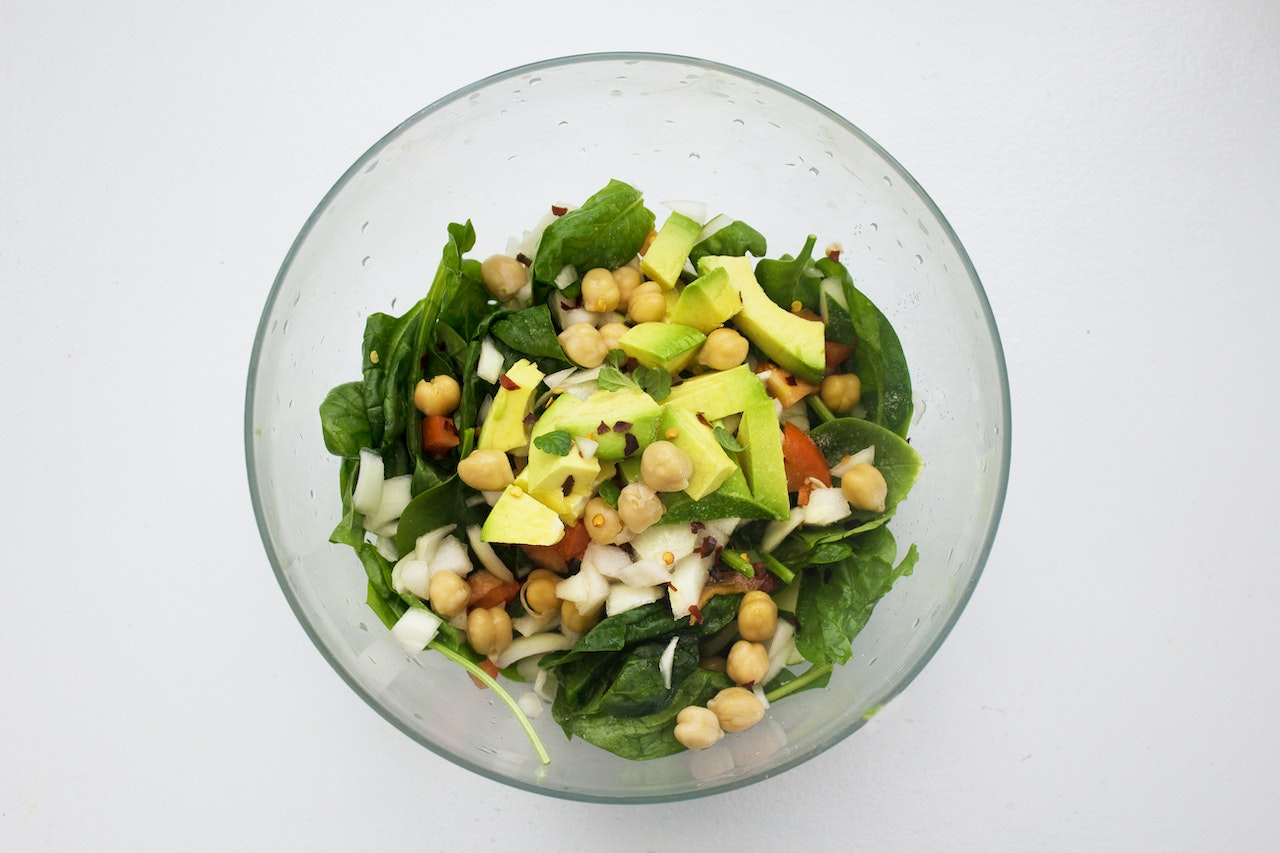
Proper nutrition is crucial for achieving any fitness goal!
Hey there fitness enthusiasts! Are you tired of feeling frustrated with your weight loss or muscle-building progress?
It might be time to take a closer look at your nutrition plan.
As you may already know, proper nutrition is crucial for achieving any fitness goal. In fact, multiple studies have shown that nutrition plays a much larger role in weight loss and muscle development than exercise alone (1, 2). But with so much conflicting information out there, it can be tough to know where to start when it comes to planning your meals.
That’s why we’re here to help!
First things first, let’s talk about why nutrition is so important for weight loss and muscle development.
When it comes to losing weight, the key is to create a calorie deficit, meaning you burn more calories than you consume. And while exercise can certainly help you burn calories, it’s not always possible to out-exercise a poor diet (3). That’s where proper nutrition comes in. By fueling your body with the right nutrients, you can more effectively create a calorie deficit and see results on the scale.
On the flip side, if your goal is muscle development, proper nutrition is even more critical. Your muscles need the right combination of proteins, carbohydrates, and fats to repair and rebuild after a workout (4). Without adequate fuel, your muscles won’t be able to recover and grow.
So, what does proper nutrition look like?
Well, it’s different for everyone, but there are a few general guidelines you can follow.
First and foremost, make sure you’re getting enough protein.
Protein is essential for building and repairing muscle tissue (5), and it can also help keep you feeling full and satisfied between meals (6). Good sources of protein include lean meats like chicken and turkey, fish, eggs, and plant-based options like beans, tofu, and nuts.
It’s also important to include a variety of carbohydrates in your diet.
Carbohydrates are your body’s primary source of energy, and they’re especially important for high-intensity workouts (7). Good sources of carbs include whole grains, fruits, and vegetables.
Fats are also an essential part of any healthy diet.
Despite their bad reputation, fats are actually necessary for a number of bodily functions, including hormone production and cell growth (8). Just be sure to choose healthy sources of fat like avocados, nuts, and olive oil, and limit your intake of unhealthy options like fried foods and processed snacks.
In addition to getting the right balance of macronutrients (proteins, carbs, and fats), it’s also important to focus on micronutrients like vitamins and minerals.
These nutrients are essential for maintaining good health and are found in a wide variety of foods, including fruits, vegetables, whole grains, and lean proteins (9).
So now that we’ve covered the basics, how do you go about creating a nutrition plan that works for you?
First, it’s important to assess your current eating habits. Keep a food diary for a few days to get a better understanding of what you’re currently consuming. Look for patterns and areas where you can make improvements, like swapping out sugary drinks for water or adding more vegetables to your meals.
Next, consider your goals and how you can adjust your nutrition plan to support them. For example, if you’re trying to lose weight, you’ll want to focus on creating a calorie deficit by reducing portion sizes and cutting out empty calories. If you’re trying to build muscle, you’ll want to make sure you’re getting enough protein and carbs to support your workouts.
If you still need help with a nutrition plan, sign up for one of our monthly plans that offer custom nutrition plans. We will discuss your goals and needs and develop a plan that works right for you. These plans can be found here .
If you want to try and take on building and tracking your own nutrition plan, we highly recommend you have a nutrition journal.
-Coach Tyler



